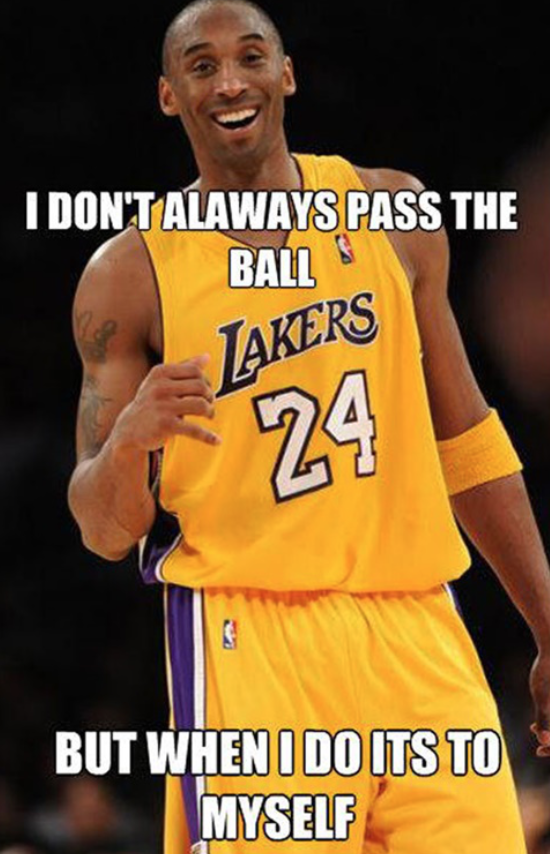Two Steps To Creating Worship Band Unity
I used to play soccer. I’ll never forget what it was like to play and be focused only in what I was doing without being aware that there were open people in front of me or behind me that I could pass to.

That’s how some musicians approach worship music.
But if you want your worship music to win, you have to pay attention to what’s going on in the bigger picture.
I love this verse in 1 Corinthians 13, known as “The Love Chapter,”
“If I speak with the tongues of men or of angels, but do not have love,
I am only a resounding gong or a clanging cymbal.”
We all want love in our services. But if we only focus on ourselves, it’s not love.
For some of you, the attitude of your music team is like clanging cymbals or gongs. If you play in a band and only focus on yourself, it has the potential to interfere with someone in the audience connecting with their Heavenly Father.
Think about this…
You have people showing up who will be impacted for eternity.
You want to eliminate as many obstacles as possible.
The biggest challenge for most church musicians is not playing their instrument, but listening to the rest of the band and knowing when to play or not to play. Our default is to focus only on our part, our role, and our instrument. But the magic happens when we can step back and think differently.
There are A LOT of ways to do this. But for the sake of this blog, I’m going to focus on two…
ONE: LISTEN TO EACH OTHER
Don’t just listen to songs. You also have to listen to each other.
- You can’t play together if you can’t hear each other. If you’re not using in-ear monitors, I encourage you to develop and utilize your monitoring system. Avioms, for example, are great. We listen to each other until we’re absolutely sure that we can all hear all the pieces. If we’re not paying attention to our teammates, then we’re not sure what to do.

- Don’t be afraid to copy what’s already been recorded. Listen to songs that are great. Why are they great? Write it down. It’s an awesome way to learn.
- Don’t assume that just because you have an instrument, you have to play the whole song. I used to think this. A lot of you may think it, too. Just because you’re holding a guitar or standing behind a keyboard doesn’t mean you need to play the whole song. A less-is-more philosophy is better.
TWO: AFFIRM THE RIGHT THINGS IN YOUR TEAM.
You can cast vision to your team about certain things that will reinforce the idea of them playing together. Two quick examples…
- FEWER INSTRUMENTS CREATE MORE SONIC SPACE. If you go see a band like U2, it’s really three guys. There’s bass, drums, and guitar.

The sound they put out with just three instruments is massive. The reason why is because every instrument has a sonic space in the spectrum of frequency. The fewer people you have, the bigger space each instrument can take up. In our worship services, many of us have too many people on stage. We have too many instruments playing at the same time. We want to affirm the idea of less-is-more to our team members so that we create more space and allow things to sound bigger and bolder in our church’s PA system.
- THE MOST POWERFUL STATEMENT YOU CAN MAKE AS A MUSICIAN IS NOT NECESSARILY THE NOTES YOU PLAY, BUT THE SPACE YOU CREATE. Sometimes the biggest statement you can make is to hang out and not play the verse right after the first chorus. Let the drums stop and just have bass guitar playing. Think about different, creative ways you can create space. Start with the idea that you don’t have to play the whole time. Remember, less is more. It’s not about the race: think about creating space. It’s not about you. It’s about approaching songs with the whole team in mind.
